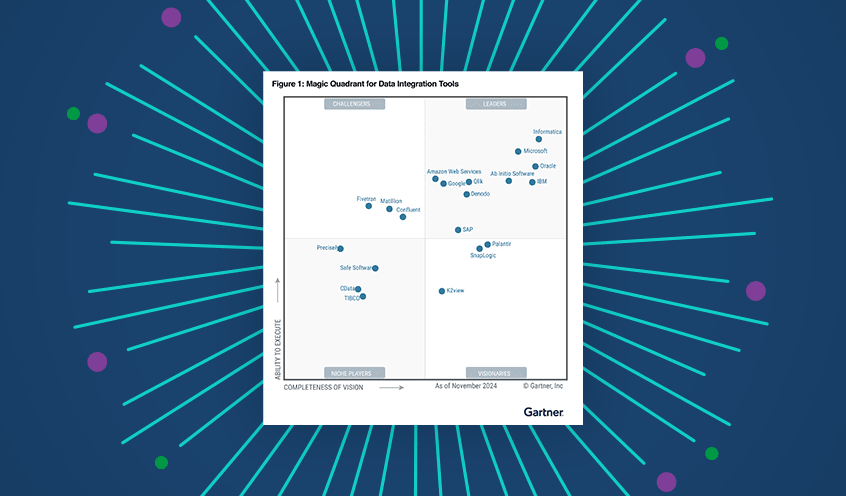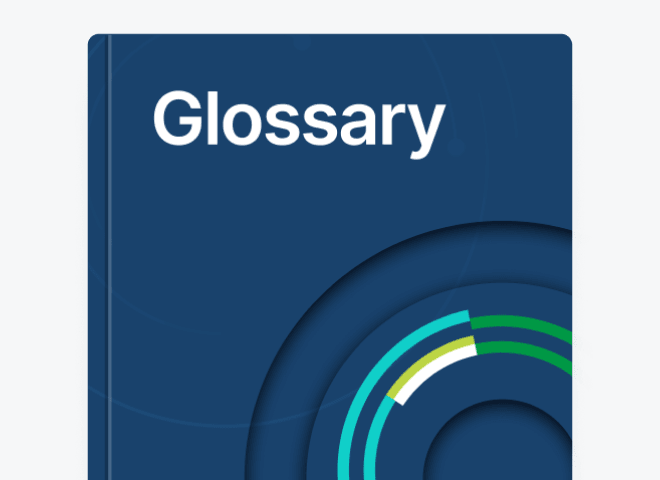At Talend we believe in the value of a diverse workforce and maintain an active
commitment to a culture of inclusivity. This month we’re especially grateful
for the opportunity to celebrate and highlight our own diverse workforce —
going beyond simple recognition and actively making inclusion an integral part
of who we are.
May is Asian Pacific Islander Heritage Month (also known as Asian American Pacific
Islander Heritage Month) in the US. The Asian Pacific Islander (API) community
here at Talend is happily extending API Heritage Month to include members of
our international API Talendian community — creating a space where every person
who is part of our API community can come together to celebrate and
collaborate.
How Talend supports Asian Pacific Islander Heritage Month
Talend’s Diversity, Equity, Inclusion, and Belonging (DEIB) mission, vision, and purpose is to cultivate and nurture a workplace in which we value the differences that make us unique. We bring our whole, authentic selves to work; champion an inclusive culture that
creates a sense of belonging for everyone; and create a culture and company we
love where everyone’s lived experiences and je ne sais quoi matter
and make us better – it’s #WhoWeAre.
We are excited to highlight and celebrate the diverse stories and experiences
within the Talend API community throughout the month of May. Keep an eye out
for two stories from our community, and be sure to check our social networks
for updates!
How you can support the API community
If you’re looking for ways to actively support the Asian and Pacific Islander
communities, here are some resources to learn more, report incidents, and give
back to organizations doing important work in the Asian community today.
1. Learn more about the history of Asian racism and its present-day effect
The history of racism against people of Asian descent goes all the way back to Asian labor in the Gold Rush and the Chinese Exclusion Act of 1882, and War World II Japanese internment camps to the 1982 murder of Vincent Chen. Take the time to learn more about
historical issues that have affected the Asian American community in how they are perceived and their present-day lived experiences such as the recent rise in pandemic-related hate crimes.
2. Know your options to report a hate crime
According to the non-profit reporting center, Stop AAPI Hate, Asian American and Pacific
Islanders have reported nearly 3,800 hate incidents March 19, 2020 to February 28, 2021. You can report incidents on behalf of yourself or someone else in multiple languages on Stop AAPI’s website and Stand Against Hatred – Asian Americans Advancing Justice and the NAPABA Hate Crimes Task Force websites.
3. Give back through volunteer work and nonprofit organizations
Donating volunteer time to nonprofit organizations supporting the Asian community is a
great place to start. For those in the San Francisco area, take a look at the Chinese
Progressive Association.
They are dedicated to educating, empowering, and advocating for low-income and
working-class immigrant Chinese communities around the San Francisco area —
visit their site for more information on volunteer opportunities. Here are some
other organizations to research and reach out to:
4. Practice active allyship
For those who are not a member of a marginalized community, active allyship can seem abstract at first, but is a simple concept. Being an active ally may start with small actions, but can make a massive impact in our own communities and circles of friends. Educating ourselves on potential biases and history of discrimination, interrupting microaggressions, and making space for those from marginalized communities are some ways we can start practicing active allyship.
In this article:
Corporate Responsibility













































